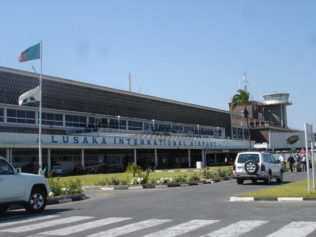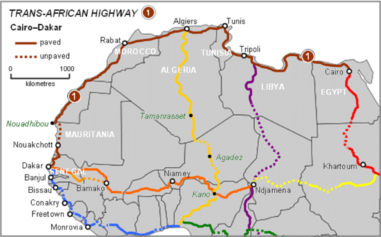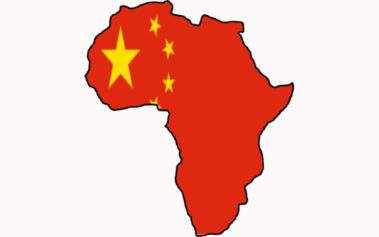Sino-African economic interactions have aroused keen interest in the global community over the past few years, and there are good reasons for this. In 2011, trade between China and Africa reached US$ 160 billion and investments totaled more than US$ 13 billion. In addition to that there are growing economic, political and even social ties developing between the two parties. Why are Africa and China becoming so close to each other and what does it bode for Africa? Part 1 looks at the history of Sino-African relations, current dynamics and factors informing China’s interest in Africa. Part 2 will explore the pros and cons for Africa in this economic interaction.
A BRIEF HISTORY OF SINO-AFRICAN RELATIONS
1950- 1980
It can be stated that, ‘China-Africa relations got off to a start after the first Asia-Africa Conference in 1955 as Beijing attempted to assert its leadership over the Third World.’ Further as independence movements spread over Arica in the 1950s and 60s, ‘Mao Zedong frequently received friends and organizations from Africa…proclaiming China’s “sincere sympathy and entire support for African people’s fight against imperialism and colonialism”’.[1] Bear in mind that, ‘China supported independent movements in Africa, providing not only moral and rhetorical support, but also weapons and military training’.[2] Some argue that during this period China was, ‘promoting Maoism’ where , the slogan “exporting revolution” became the primary objective toward Africa’.[3] In 1963 and 1964 Premier Zhou Enlai introduced the “Governing the Development of Relations with Arab and African Countries and the Eight Principles of Economic Assistance” which clearly designated China’s political stance towards African countries and marked the formation of China’s African policy’.[4], [5] By the end of the1970s, 44 of the 50 independent African countries.[6] Further, despite of its relatively weak economic position at the time, China gave aid worth $2.476 billion to 36 Africa countries, which accounted for 58% of China’s total foreign aid.[7] In addition, ‘China sent ten thousand engineers, doctors and technicians and undertook various infrastructure projects, one of which was the 1860-kilometer long Tanzania-Zambia railway, financed and built by China’. [8]
1980- 1990
This represents a fairly quiet period between Africa and China due to a number of reasons. First was the fact that China began its own economic reforms in 1978 and thus was preoccupied with implementing Deng Xiao Ping’s economic vision of opening up. This period also was the era of Tiananmen Square protest which, ‘ended China’s honeymoon relationship with the western countries’. [9] Censured and isolated by the West, China re-evaluated its foreign policies.
Read more: Anzetsewere


